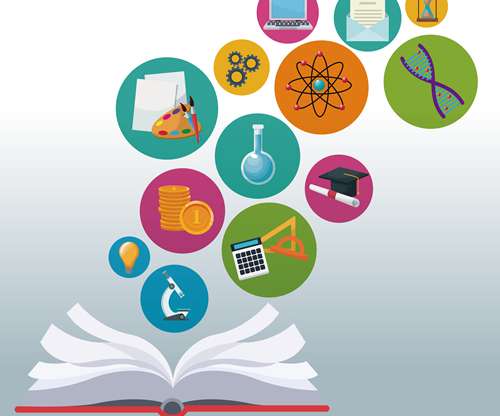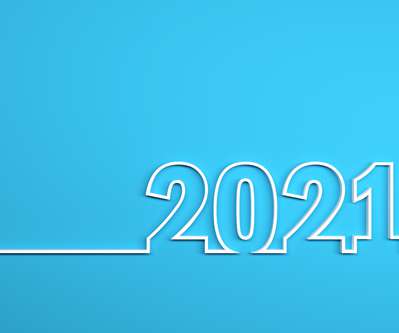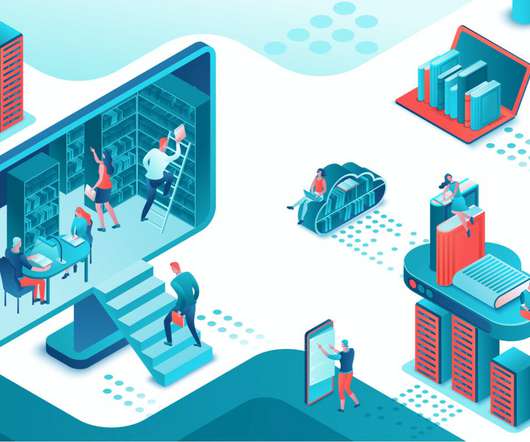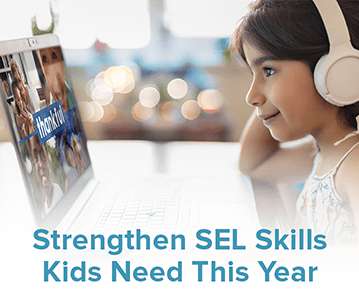BIOZONE Launches Comprehensive Environmental Science Program
eSchool News
SEPTEMBER 16, 2020
Using engaging, current, and relevant case studies, this includes activities on: COVID-19 pandemic (snapshot up until July 2020). I’d be delighted to receive any feedback about your impression of this resource,” Richard Allan Biozone’s President commented. Limited broadband access may be an obstacle for many students.















Let's personalize your content